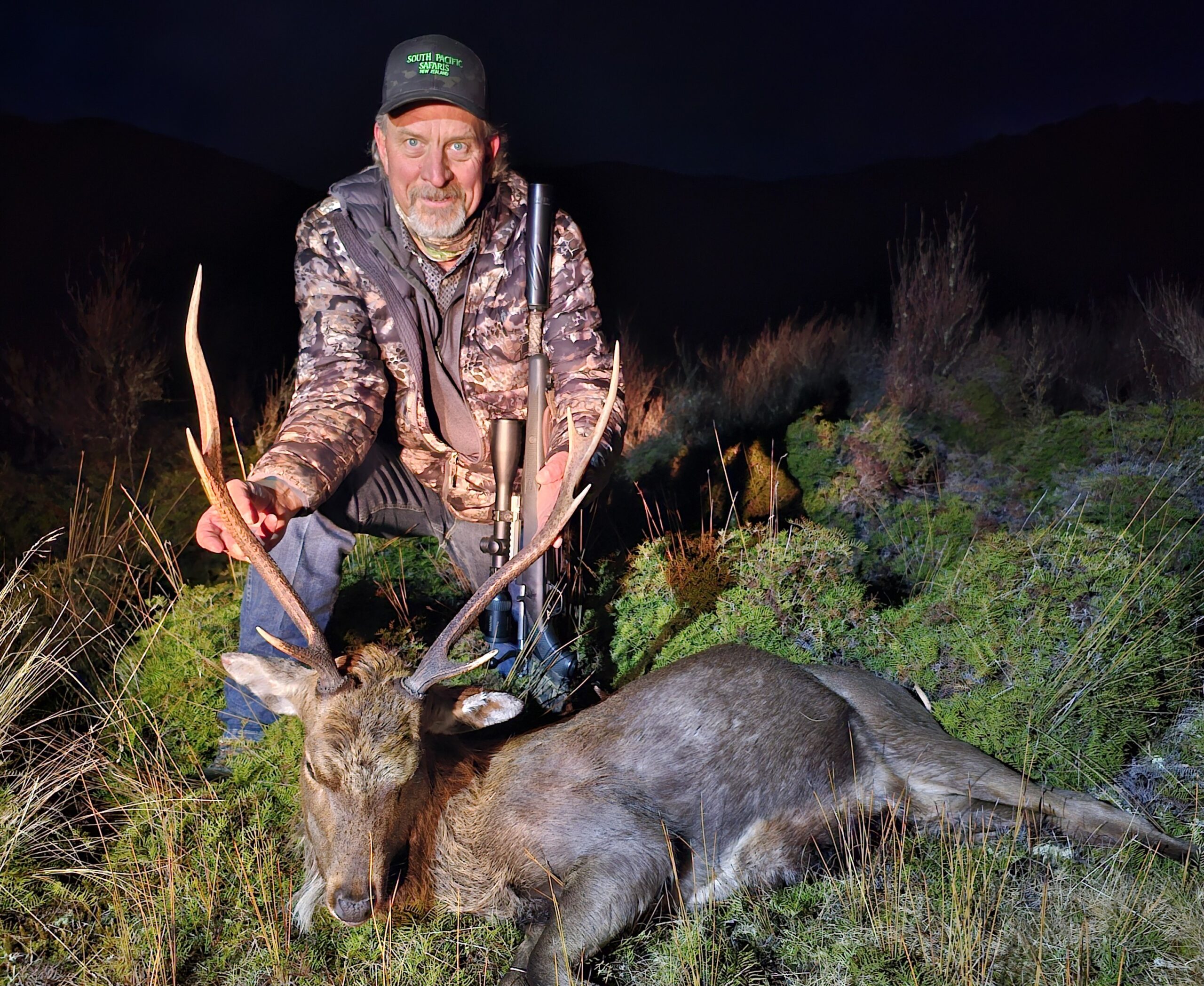 The idea of killing an individual animal to preserve a species is a hard one for many people to grasp, especially to an ever increasingly urban-based demographic dominating social media and the popular culture.  But, many experts, even outside of the industry, agree with the International Union for Conservation of Nature (IUCN), an internationally recognized organization that sets the conservation statuses for species, guiding principal that “Well-managed trophy hunting can provide both revenue and incentives for people to conserve and restore wild populations, maintain areas of land for conservation, and protect wildlife from poaching.”
The idea of killing an individual animal to preserve a species is a hard one for many people to grasp, especially to an ever increasingly urban-based demographic dominating social media and the popular culture.  But, many experts, even outside of the industry, agree with the International Union for Conservation of Nature (IUCN), an internationally recognized organization that sets the conservation statuses for species, guiding principal that “Well-managed trophy hunting can provide both revenue and incentives for people to conserve and restore wild populations, maintain areas of land for conservation, and protect wildlife from poaching.”
The facts are rather simple.  If animals hold value economically, they survive.  While animal rights groups focus on hunters and well-regulated offtakes, poaching for ivory and bushmeat runs rampant and habitat for large land-based mammals and especially predators is disappearing at an ever-increasing rate, being replaced with more profitable uses like grazing, farming and development.
A recent Wall Street Journal article by Terry L. Anderson and Hannah Downey clearly defined some of the challenges facing wildlife where hunting is prohibited stating, “When hunting is prohibited, wildlife bears the cost,” The article goes on to say, “A 2012 study found that eliminating hunting revenues can be bad for lion conservation because it can ‘reduce tolerance for the species among communities where local people benefit from trophy hunting, and may reduce funds available for anti-poaching.’”
Many opponents to hunting point to photo and eco-tourism as a viable alternative to hunting for providing that needed value, and while it does hold promise in some limited easily accessed areas, there are obstacles to its success across the board.  “Tourism can be a powerful driver of conservation in the right place, but it is a pipe dream in many of the dusty corners of the communal lands — unless tourists want to spend days traveling over bumpy roads with intermittent electricity and sharing their wildlife views with cattle and goats,” says a November 21 Washington Post article by author Rosie Cooney.
In recent days, the argument over so-called “trophy hunting” has come, once again, to a head with the decision by United States Fish and Wildlife Service (USFWS) to recommend to the administration to lift the ban on the importation of for sport-hunted elephant trophies.  Opponents argue that this decision will increase the incentives for hunting, increasing offtakes and that the benefits received from hunting do not outweigh its negative impact and that the benefits to local communities are minimal.
Zimbabwe’s Community Areas Management Programme for Indigenous Resources (CAMPFIRE) supports USFWS’s recommendation to lift the suspension of elephant trophy imports into the United States saying, “We encourage the USFWS and the President of the United States to stand by the decision to issue import permits for sport-hunted elephant trophies. Trophy fees and meat from elephant incentivize CAMPFIRE communities to dedicate land as habitat for elephant and other wildlife.” They continue, “U.S. citizens represent the largest share of CAMPFIRE hunting clients. CAMPFIRE communities have been negatively impacted by the suspension of trophy imports, and we look forward to increased benefits, and therefore additional conservation incentives, with the lifting of the suspension.”
When the facts are examined from an objective position, the same conclusion is continually drawn, where wildlife and its habitat is valued, it survives, and well-regulated and properly managed hunting provides that value.



